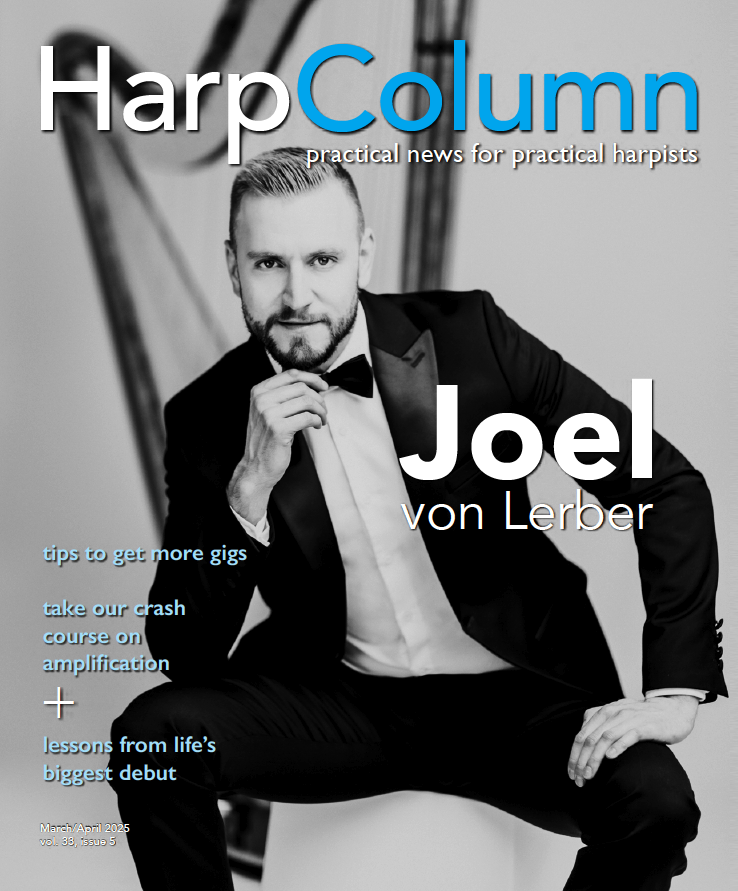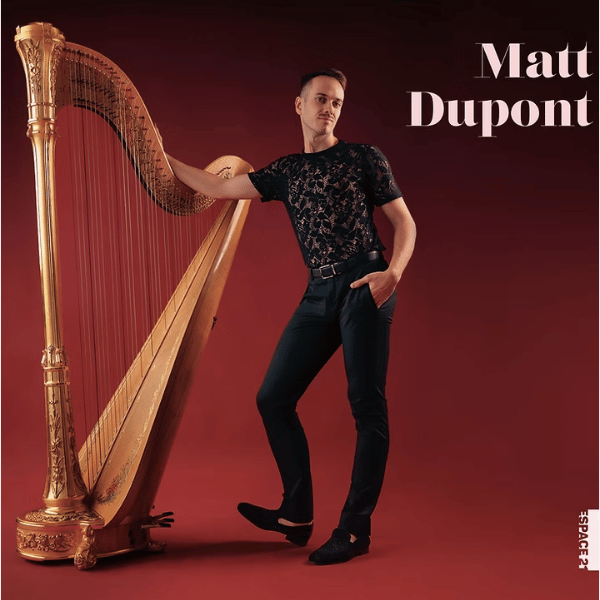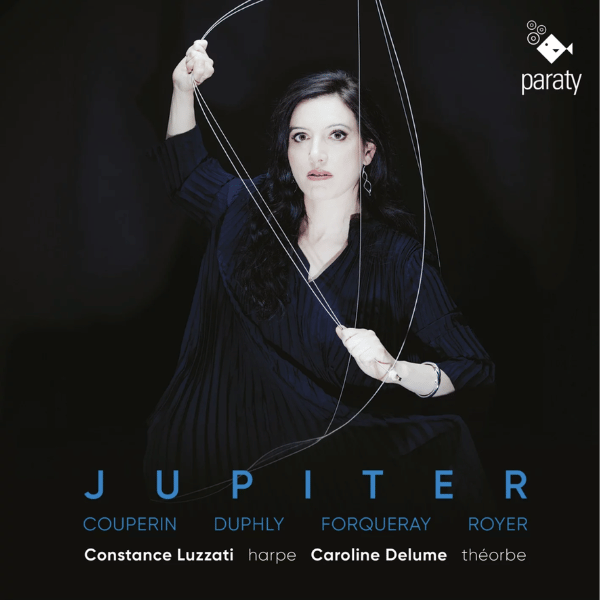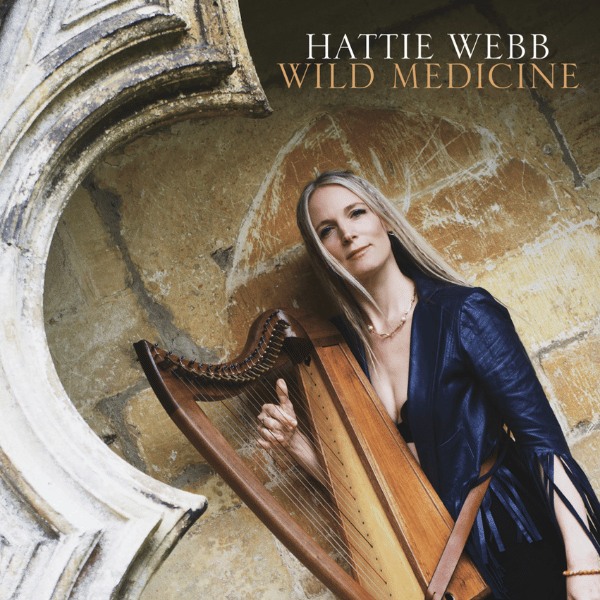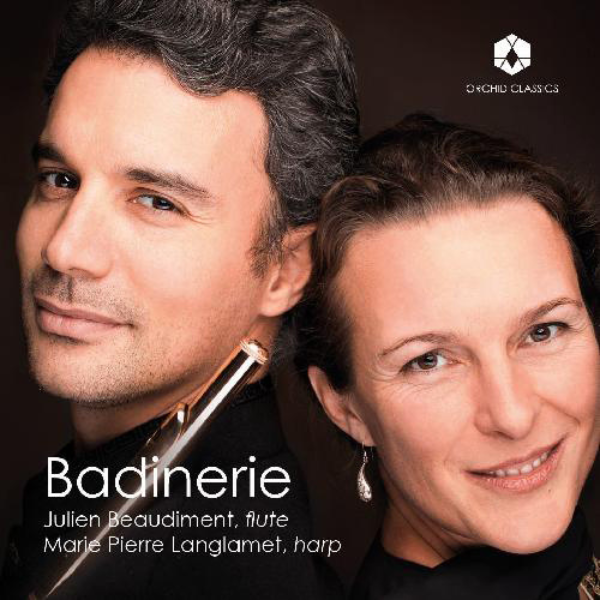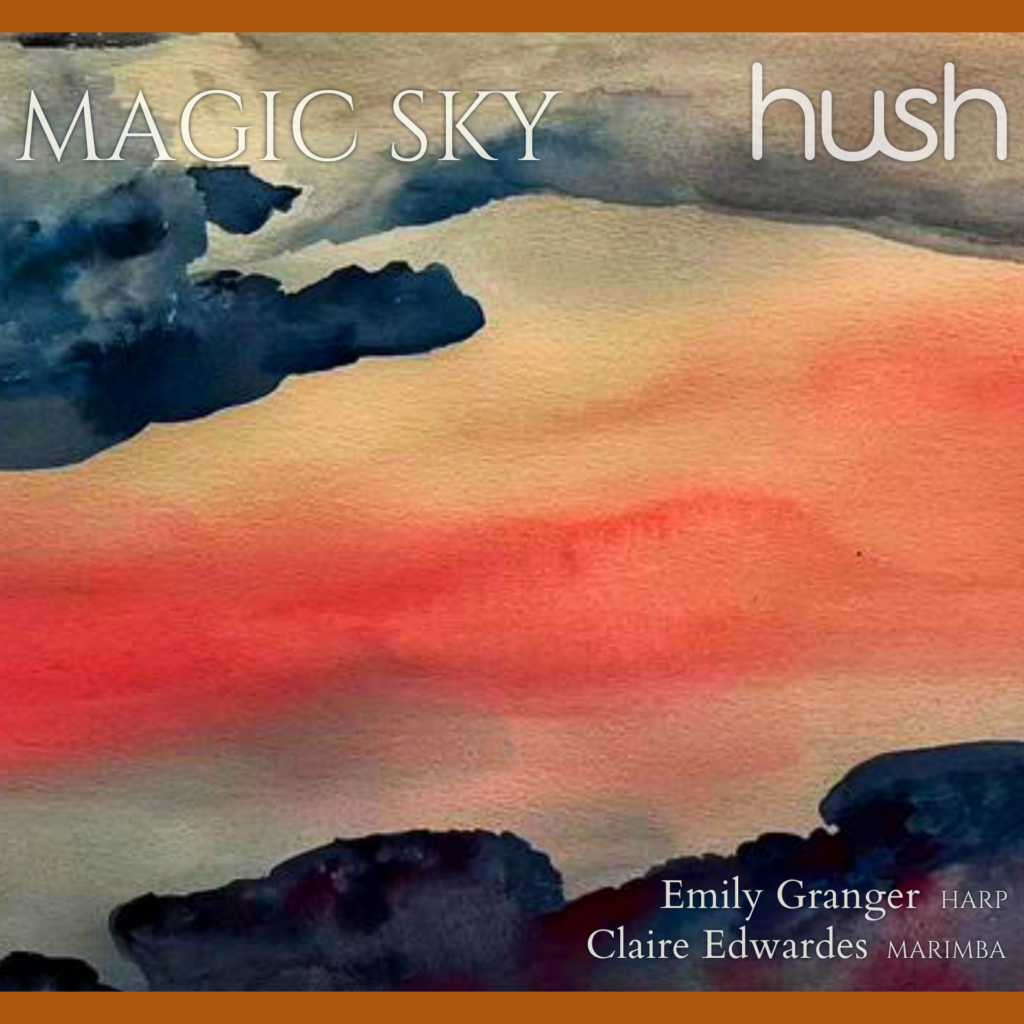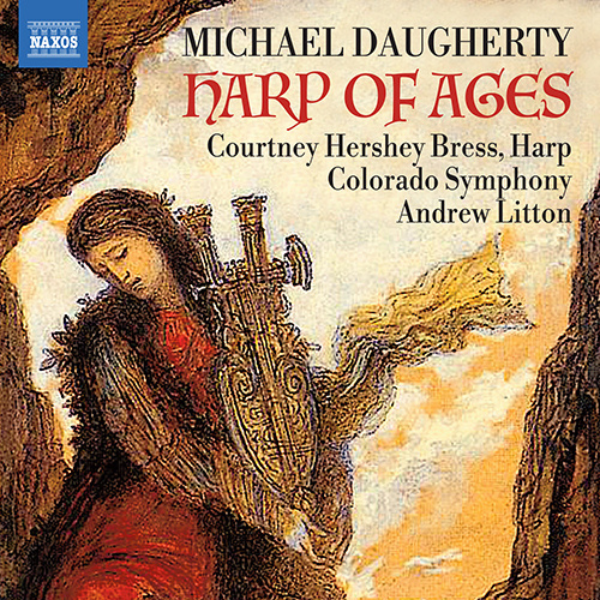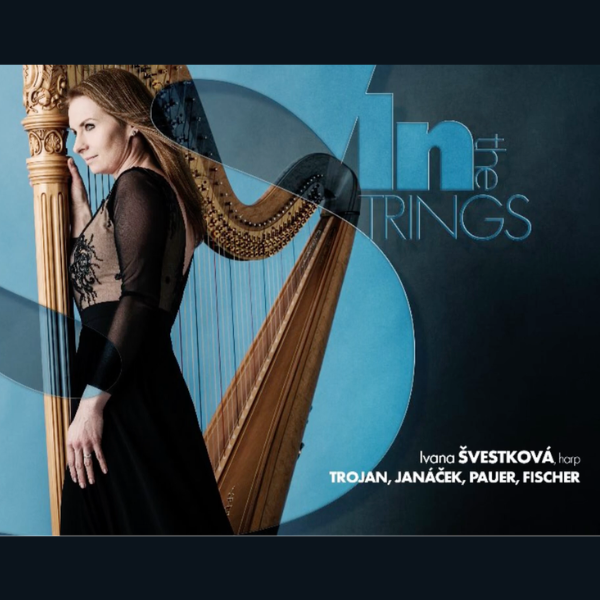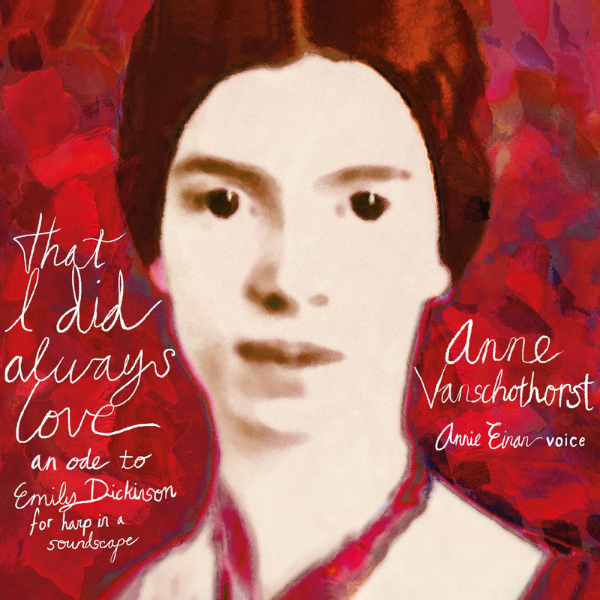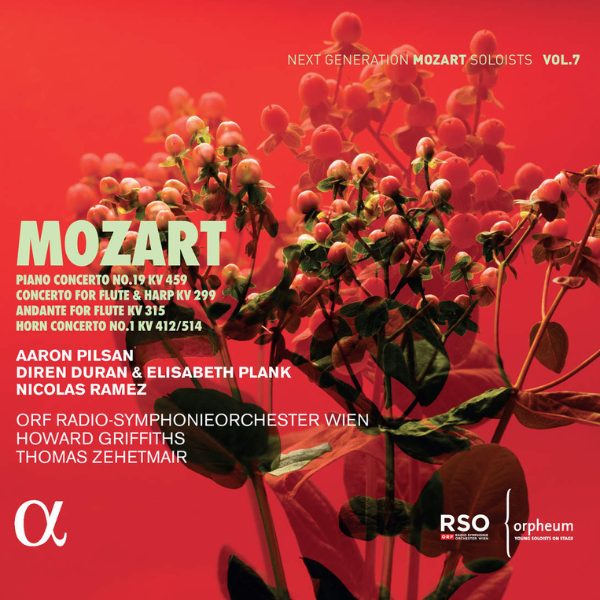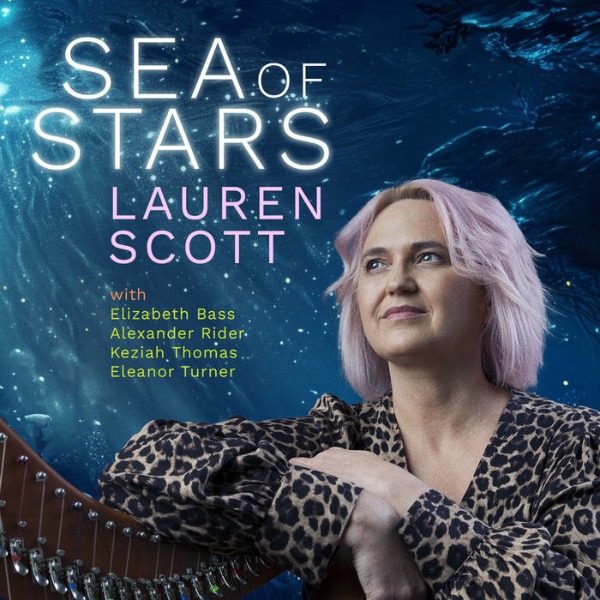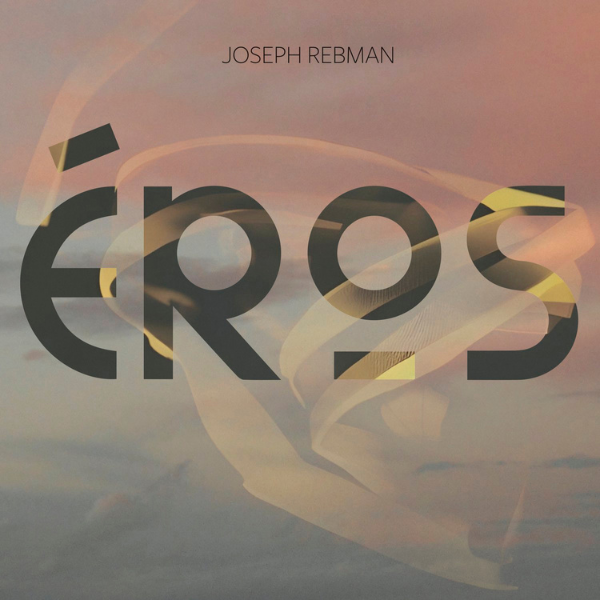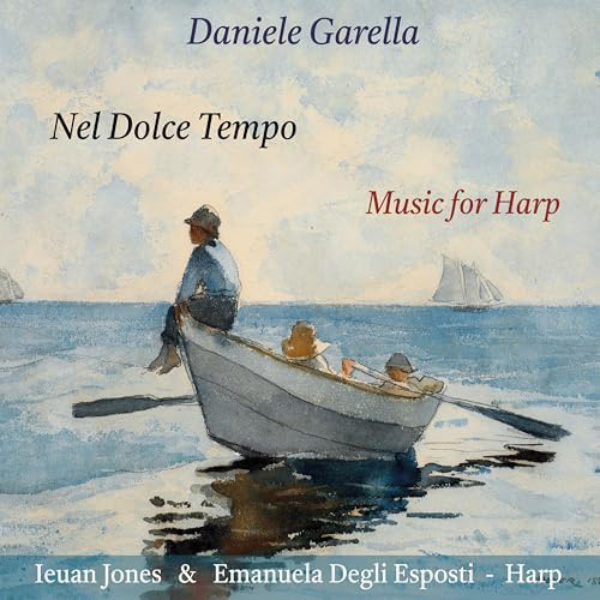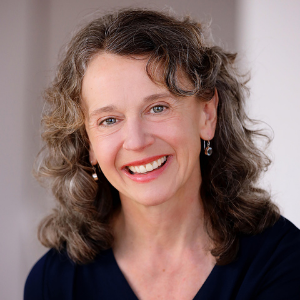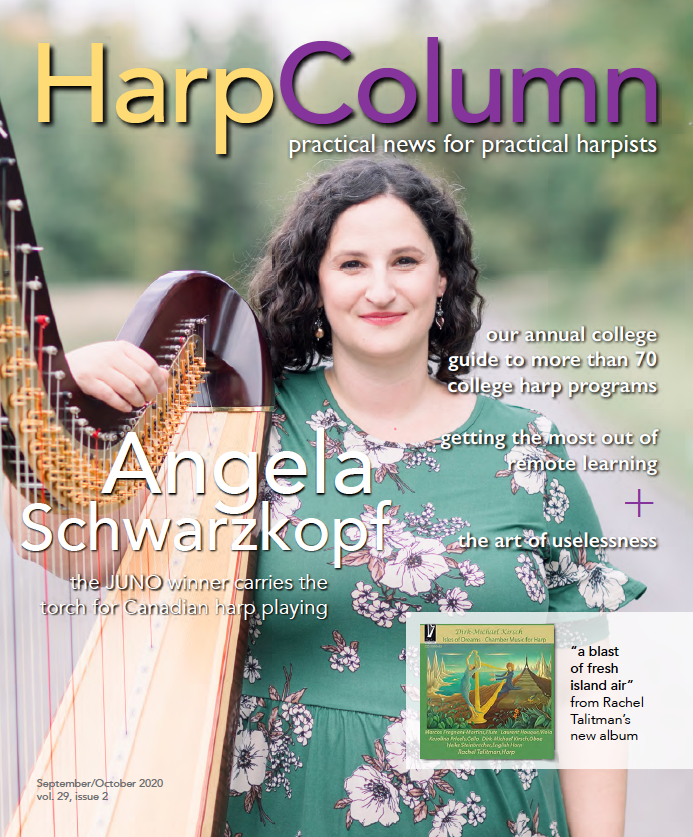 New Jewish Music, Vol. 2
New Jewish Music, Vol. 2
Orchestre Classique de Montréal, Boris Brott, conductor; Heidi Krutzen, harp; and Ariel Barnes, cellos. Analekta, 2019.
Also of note is the extraordinary collection of new music by Canadian composers and winners of the prestigious Azrieli Music Prize for Jewish Music as played by the Orchestre Classique de Montréal. One of the three concertos on the disc by Kelly-Marie Murphy is written for harp and cello. With music described as “Bartok on Steroids,” she uses a Sephardic proverb as the title for this prize-winning commission, In the Darkness All is One, and sources Ladino folk songs of Spanish and Portuguese Jewish tradition. The music weeps, pulses, and grips us in its expressive wail followed by ecstatic celebration, especially when the duo perform lamenting solos in a kind of cadenza-like improvisatory style or when members of the orchestra clap along in a whimsical teaching song about chores being good for you. Ms. Murphy had the cello and harp duo Couloir in mind when she composed this gripping work. Ariel Barnes and Heidi Krutzen are champions of new music, particularly double concerti of which they have commissioned around a dozen, and play with just the right balance of introspective dreaminess and fervent drive required of this history-grounded music.
 Banter
Banter
Davin-Levin Duo: Emily Levin, harp, and Colin Davin, guitar. Iris Records, 2020.
I also found the Davin-Levin duo’s latest a fascinating listen with the close, yet so far, relationship of guitar and harp creating a soundscape all its own. Beginning with the gripping relentlessness of Philip Glass’s Etude no. 6, the duo displays their mutual high level of technical polish and musical sensibility. In their world premier recording of Will Stackpole’s Banner, Bicker, Breathe, the duo injects an intimate intensity into its erratically nervous energy, which is only punctuated by the wise repertoire choice immediately following of another premiere, Dylan Mattingly’s gorgeously blossoming La Vita Nuova (and other consequences of Spring) a meditative work in a kaleidoscope of tactile, repeated chords. Surrounding the new works are two standards of the repertoire, Maurice Ravel’s La mere l’Oye and Manuel de Falla’s El Amor Brujo, both played with creative inventiveness, especially in the characteristic flamenco of the Falla




